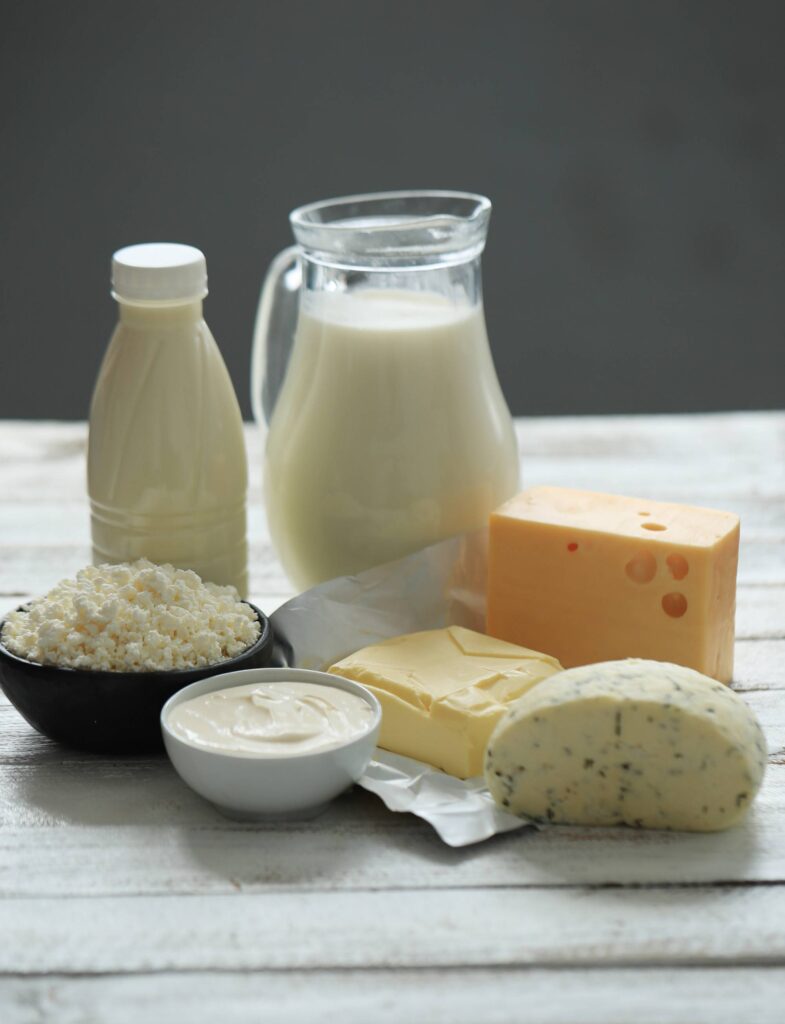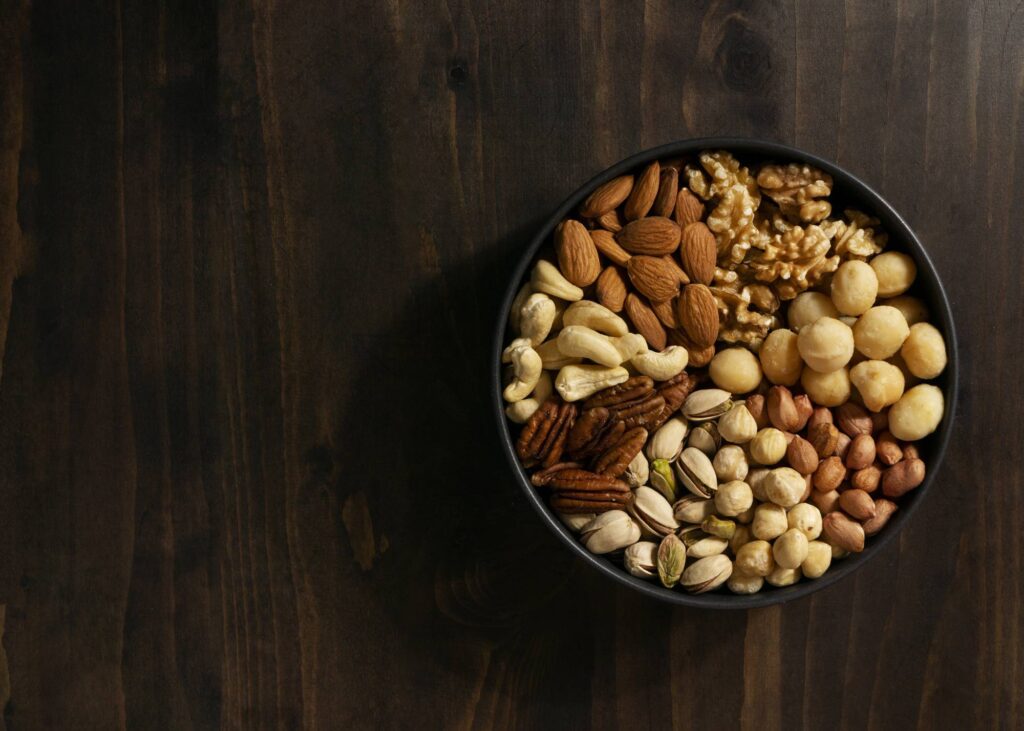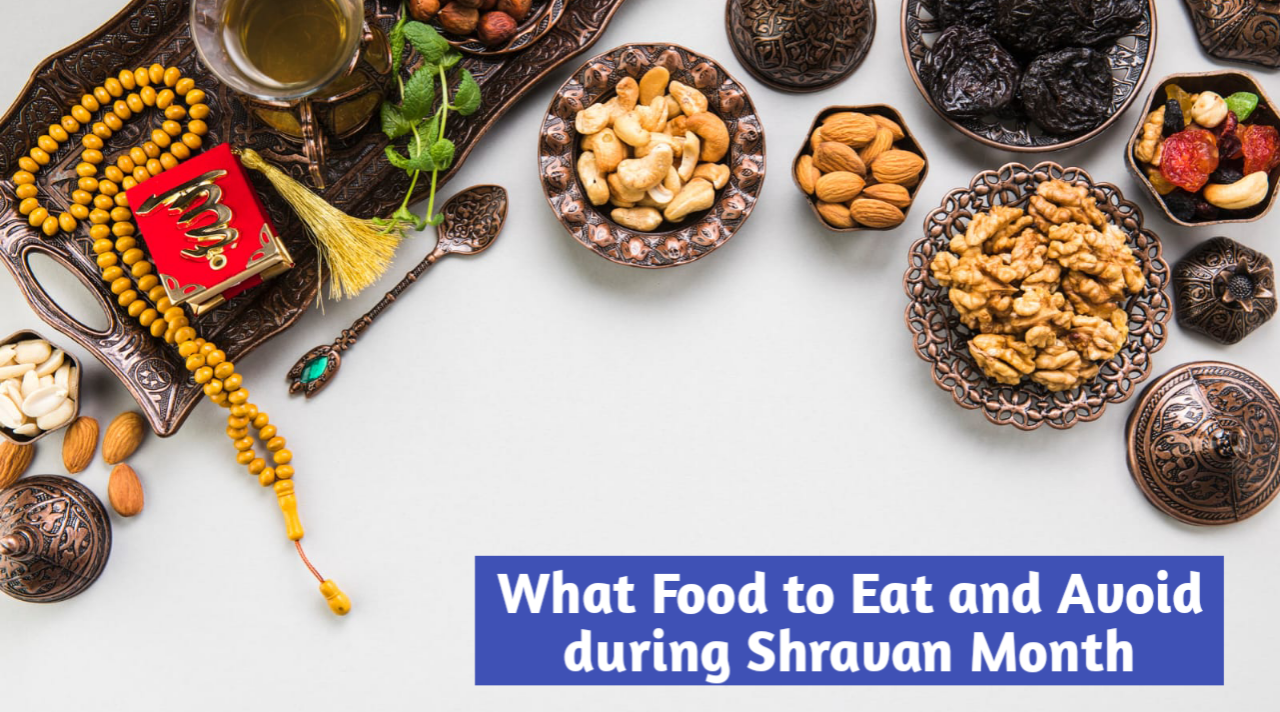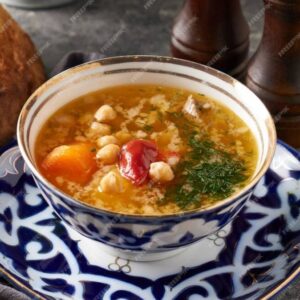What Food to Eat and Avoid during Sawan Month In the Hindu calendar, Sawan, also known as Shravan, is an important month that usually occurs in July or August. It is extremely significant from a spiritual and cultural point of view, especially for followers of Lord Shiva. Hindus perform various kinds of ceremonies and fasts during this month in an effort to get blessings and spiritual purity.
The Kanwar Yatra is a well-known custom in which followers carry holy water from the Ganges River to their nearest Shiva temples. Sawan is a season of dedication and respect in Hindu tradition, as well as a time for cultural gatherings, prayers, and soul-searching.
Also Read: Squid Game Cookies Recipe
Why Shravan is celebrated? – What Food to Eat and Avoid during Sawan Month
Worship of Lord Shiva: Sawan is especially respected by Lord Shiva’s followers, who view him as the most powerful god connected to destruction, transformation, and rebirth. It is said that worshipping Shiva during this month will result in spiritual growth, wish fulfilment, and blessings from the god.
Mythological Significance: In Hindu mythology, the month of Shravan is associated with the Samudra Manthan, or the churning of the ocean. Poison (halahala) rose from the water during this divine event, threatening to wipe out life as we know it. Lord Shiva, also known as “Neelkantha” (a single with a blue throat), took in the poison in order to rescue the universe. Thus, Sawan honours Shiva’s selfless deed for the welfare of humanity.
Connections with Monsoon: Sawan occurs in India during the monsoon season, which relieves the summer heat and refreshes the soil. Rain’s cooling effect is thought to be similar to Shiva’s peaceful and caring nature. Shiva’s function as a purifier and transformer is consistent with the monsoon’s religious significance of rebirth and cleansing.
Fruits and vegetables
A wide variety of in-season fruits and vegetables are available in Sawan, a month that falls within India’s monsoon season. Many people look forward to this time of year because of the variety and freshness of the food that is available. Mangoes are still a popular fruit during Sawan.
They are frequently combined with other in-season fruits like lychees, which are tiny, luscious fruits with a sweet taste. Berries with tart and refreshing flavours, such as phalsa and jamun (black plum), also appear, as do vegetables like lady finger, bottle gourd, and bitter gourd.
Sabutdana
Sabudana, or sago, is a food that is very important in many Indian homes during the month of Sawan, especially for those who fast during this festive time. Sabudana is a common ingredient in many recipes, including khichdi, vada, and kheer. It is made from the tapioca root. It is the perfect food for fasting because it is light and quickly digested, giving you energy.
Many individuals skip normal meals during Sawan, depending instead on foods like sabudana to make tasty, nourishing dishes that follow fasting regulations. Sabudana is a favourite part during this spiritual and joyful period because of its flexibility and nutritional advantages.

Dairy products
Many admirers follow particular dietary habits during Sawan, the month of religious significance in Hindu culture. Some other foods, such as yoghurt, cheese, and cream, are common habits. During this holy time, fasting is seen as a means of discipline and purification.
A lot of people choose to use plant-based milk substitutes like almond or soy milk in place of dairy. The basic concept of this observance is still a dedication to spiritual discipline and respect, even though it varies among various communities and regions.

Nuts
Nuts are an important part of the diet that followers of Hinduism observe during Sawan, the month that honours Lord Shiva. During this auspicious time, a lot of Hindus decide to include nuts in their fasting diet. Nuts that are high in nutrients and high in energy, such as pistachios, cashews, walnuts, and almonds, are preferred.
These nuts are commonly prepared in a variety of ways, such as by dry roasting or grinding them into flours for use in recipes that are suitable for fasting. Nuts are valued in Hindu culture for their symbolic meaning of prosperity, growth, and spiritual energy, in addition to their health benefits. A devotee’s commitment to spiritual discipline and reverence for Lord Shiva is shown by their inclusion of nuts in their diet during Sawan.

Fasting Food
For many Hindus, fasting is very important religiously during the month of Sawan. In Sawan, fasting typically involves avoiding particular foods and following a more straightforward diet. Because it is thought that eating non-vegetarian food and alcohol, as well as onions and garlic, might cause heat in the body, devotees usually avoid eating these foods.
Instead, they choose light, sattvic (pure) foods such as dairy goods like milk and yoghurt, fruits, sabudana (tapioca pearls), and singhare ka atta (water chestnut flour). These foods are thought to be easily digested and to be beneficial to the soul during this time of prayer and devotion. In Sawan, fasting is more than just a food custom; it’s a means of expressing one’s devotion to Lord Shiva and cleansing the body and mind.
Food to Avoid in Shravan Month
Animal products
When celebrating Sawan, Hindus typically avoid eating eggs, meat, and fish. This fasting is based on the belief that avoiding animal products increases a form of non-violence and compassion for all living things, which is consistent with the religious principles observed during this holy month.
Alcohol
During Sawan, it is completely forbidden to use alcohol or any other intoxicating substance. Throughout the month of devotion, this abstinence helps to sustain mental clarity, thinking purity, and spiritual focus.
Onion and garlic
Traditional and Hindu dietary standards link rajasic and tamasic properties to these vegetables. They are thought to spark passion, restlessness, and laziness, which might divert attention from the spiritual focus desired during Sawan. For this reason, a lot of followers decide not to eat onions or garlic at this time.
Processed and refined foods
During Sawan, people usually steer clear of refined meals such as processed snacks, refined sugar, and refined flour (maida). Instead, the focus is on eating raw foods and healthy grains.
Fried or heavy food
Foods that are very heavy, oily, or difficult to digest should be minimised or avoided in order to maintain a sattvic diet, which is beneficial to spiritual practice.





4 thoughts on “What Food to Eat and Avoid during Sawan Month”